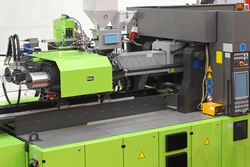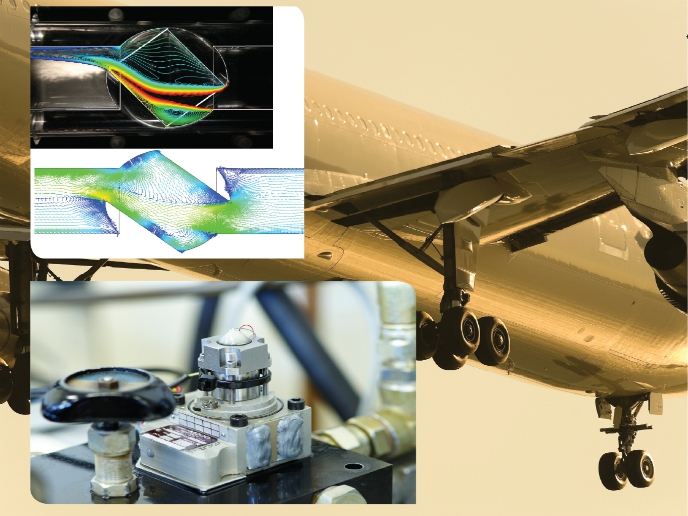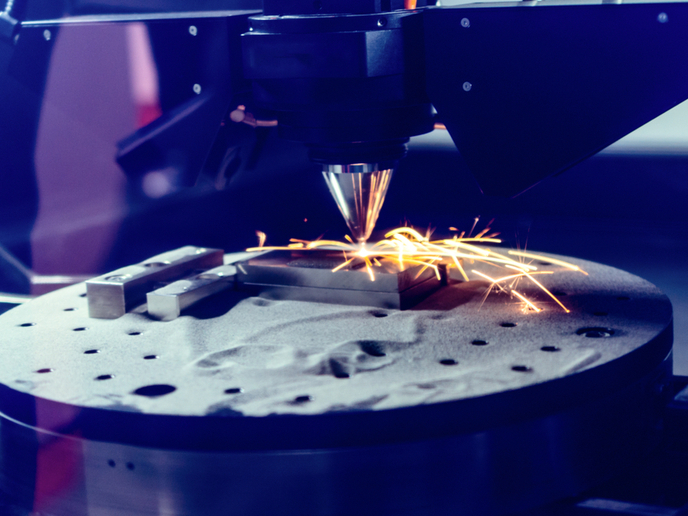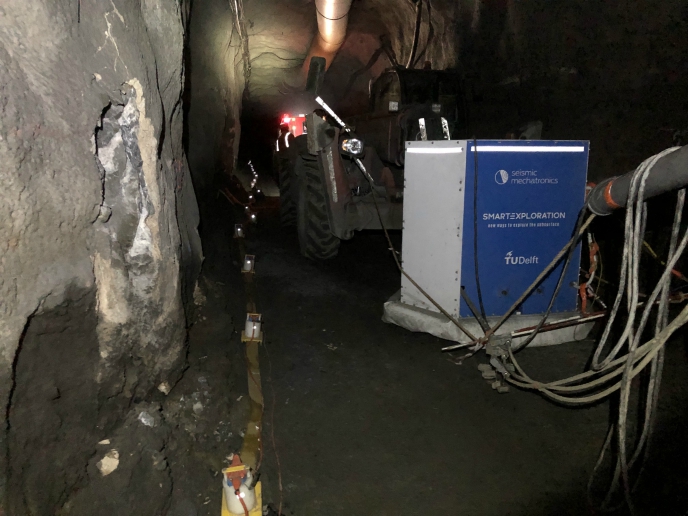Intelligent tool optimises plastic injection moulding
Creating a new mould is a complex process requiring careful design and selection of materials, embedding of control sensors and accurate adjustment of machine parameters. This whole process may be costly and time-consuming for the European plastic injection mould industry that faces rising competition from emerging markets. The EU-funded DES-MOLD(opens in new window) (Feature-based design and modelling for injection-molding optimization) project unveiled an intelligent knowledge-based system for plastic injection moulding. This tool promises to boost productivity, reduce scraps and lower costs. In turn, this is expected to benefit the injection moulding value chain by decreasing the prototype and process optimisation phase as well as creating customised high-quality products. The DES-MOLD product correlates all process control variables drawn by empirical data from industrial designs and simulation data into a comprehensive knowledge-based system. This system uses both case-based reasoning and computational argumentation. Case-based reasoning indicates where to implement the sensors in the mould based on past cases and a simulation tool demonstrates proper positions. The system not only helps optimise design of the parts, but also provides process control through sensors in the moulds. DES-MOLD also provides an offline tool that creates statistical models and classifies production batches based on the data gathered by the cavity sensors. DES-MOLD is seen as a multidisciplinary collaborative environment helping companies optimise the injection process. Right from the early design stages, it allows researchers to manage and share engineering knowledge and data throughout the entire development process. It also provides recommendations to ensure products meet end-user requirements, while keeping track of the discussions and decisions taken. The DES-MOLD advanced knowledge-based system is set to significantly increase productivity levels, reduce scrap material and lower costs of injection moulding. This should help European plastic injection firms and mould makers retain a competitive edge.







